Apple reportedly is using both iOS based rOS and macOS based xrOS for its AR/VR headset
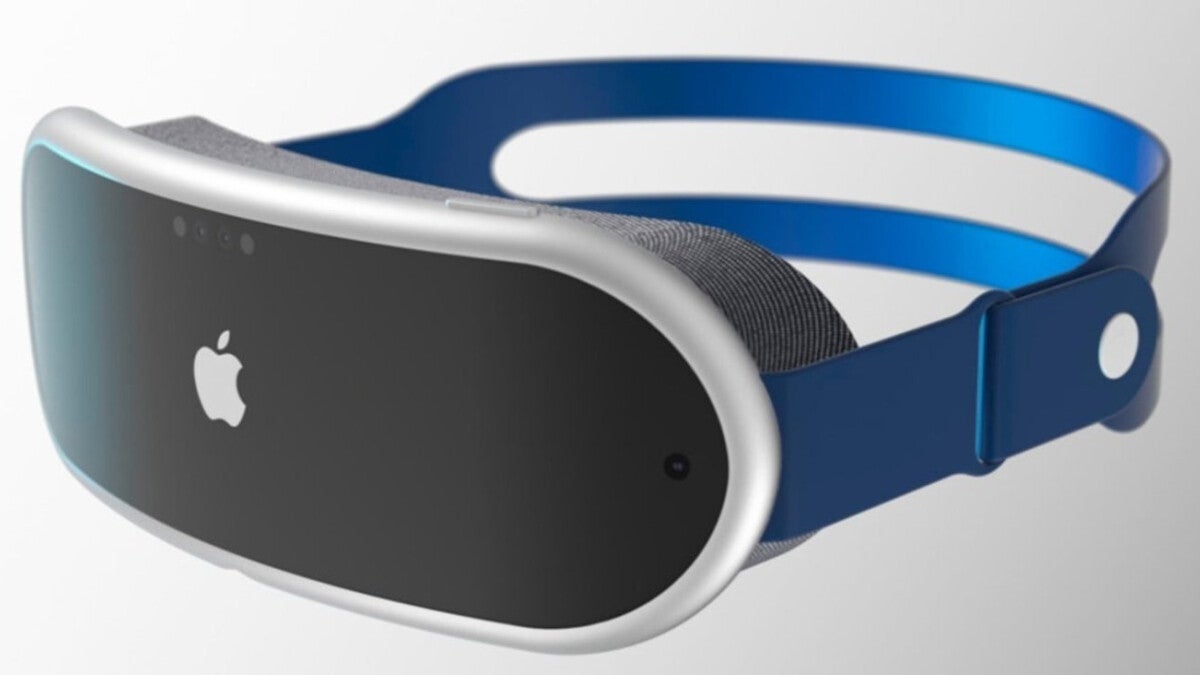
Remember the old saying that "you can't tell the players without a scorecard?" Of course, that saying goes back to the days when fans would buy a scorecard and use "Baseball notation" to write down every play. And if you know what a 1-2-3 or a 5-4-3 double play is, then you understand what we're saying. Without buying the scorecard and checking the uniform numbers against those printed on the team rosters, you might not know who the heck is in right field (in the Bronx, it will be Aaron Judge for the next nine years).
Apple reportedly has two AR/VR platforms with one based on iOS (rOS) and the other on macOS (xrOS)
Now Apple might make us request a scorecard to determine what is going on with the operating system for its mixed-reality headset which will reportedly be called the Reality One or the Reality Pro. If you were paying attention last week, you might have seen our article noting that Apple had changed the name of the operating system for its AR/VR headset from reality Operating System (rOS) to Extended Reality Operating System or "xrOS." The alleged name change came from a source inside Apple and was disclosed by Bloomberg.
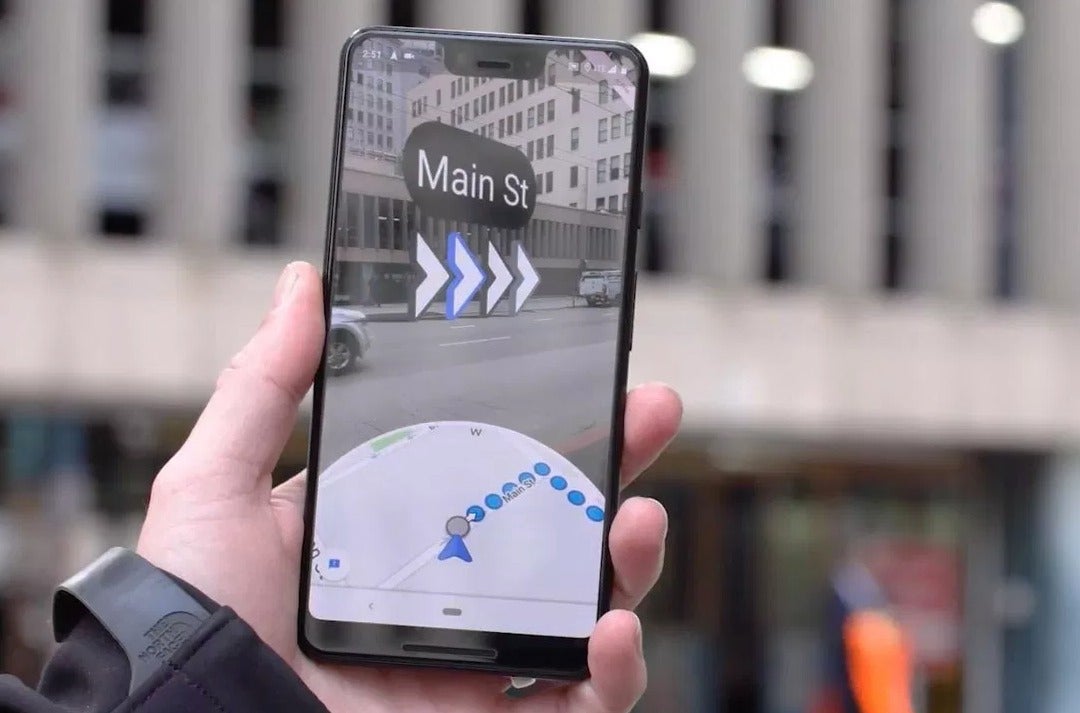
Google Map's Live View is a good example of how AR works
Now, the gang at 9to5Mac has a different take on the situation. According to their sources, Apple has two different AR/VR platforms with one based on iOS (rOS) and one based on macOS. The reason why the mixed reality headset might use iOS is because, similar to the early versions of the Apple Watch, the Reality One (or Reality Pro) might offload complex processing tasks to a nearby iPhone that it is paired to. Eventually, like the Apple Watch, the headset would wean itself from the handset and become a standalone device.
The headset is expected to sport as many as 15 cameras, use head tracking sensors, and be equipped with a pair of 8K OLED displays. and a powerful M2 chip. We can expect it to feature spatial audio (for a surround sound experience) and since all of these things don't come cheap, the price tag for the device could range from $2,000 to $3,000.
This very well could be the most complex product Apple ever made (as opposed to its $19 polishing cloth). Apple was going to unveil the headset in January and release it during the second quarter according to the most recent reports. But last week TF International's Ming-Chi Kuo tweeted the news that he now expects the product to ship during the second half of 2023. And when Ming-Chi Kuo talks, people listen.
Not only is the headset delayed but there could also be a huge shortfall of units available next year
Even more worrisome, Kuo's original estimate calling for Apple to ship 800,000-1.2 million headsets next year was sharply reduced to under 500,000 units. The blame, according to the reliable Kuo, should be placed on an issue with the headset's software.
VR, or Virtual Reality, creates a completely made-up environment that the user immerses him or herself in. For example, wearing the headset, a user might see himself playing tennis at Wimbledon with a racket in his hand. Those not wearing the headset would see the user moving around the room randomly using a digital racket to swat at the air. But as long as the user is wearing the headset, he sees himself on Center Court soaking up the affection from a digital crowd.
AR, or Augmented Reality, superimposes computer-generated images (CGI) on top of a real-world feed. A good example of this is Google Maps' Live View for walking. The rear camera is used to show live real-world images of what is in front of the user. On top of this feed are CGI-created arrows that point the user in the direction he needs to go to get to the destination. It also points out landmarks and iconic buildings along the route.
A few years after the headset launches, we expect Apple to release its AR-based Apple Glasses which could eventually be the product that replaces the iPhone.
Follow us on Google News

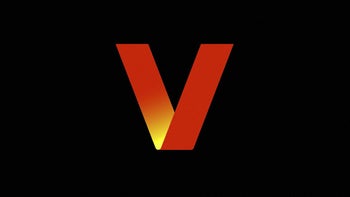
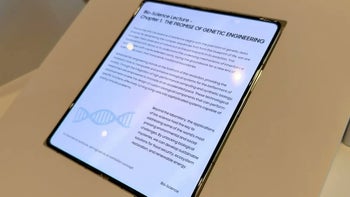
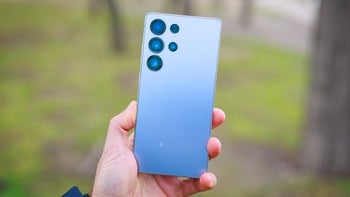
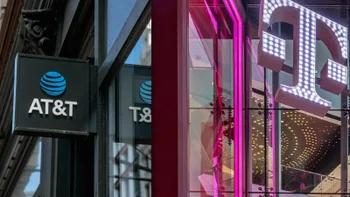
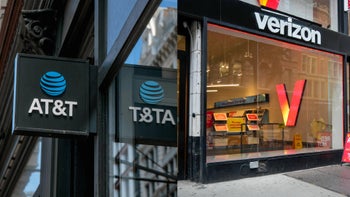
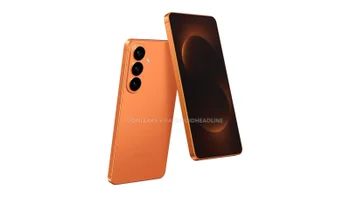
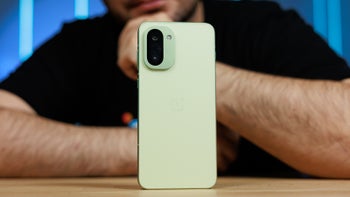
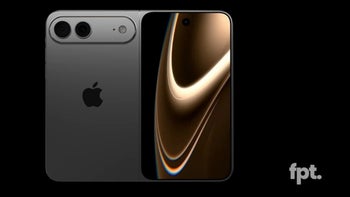
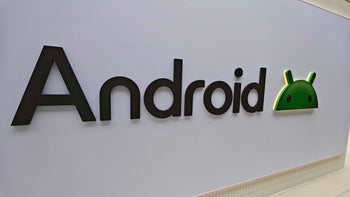
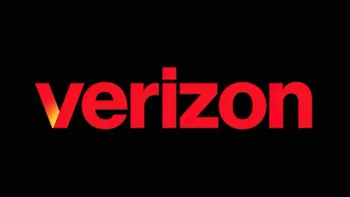
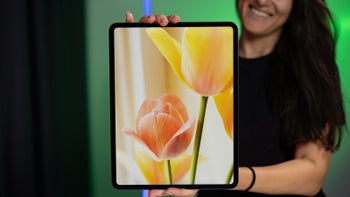
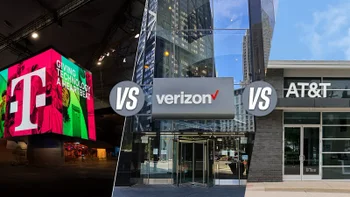
Things that are NOT allowed:
To help keep our community safe and free from spam, we apply temporary limits to newly created accounts: